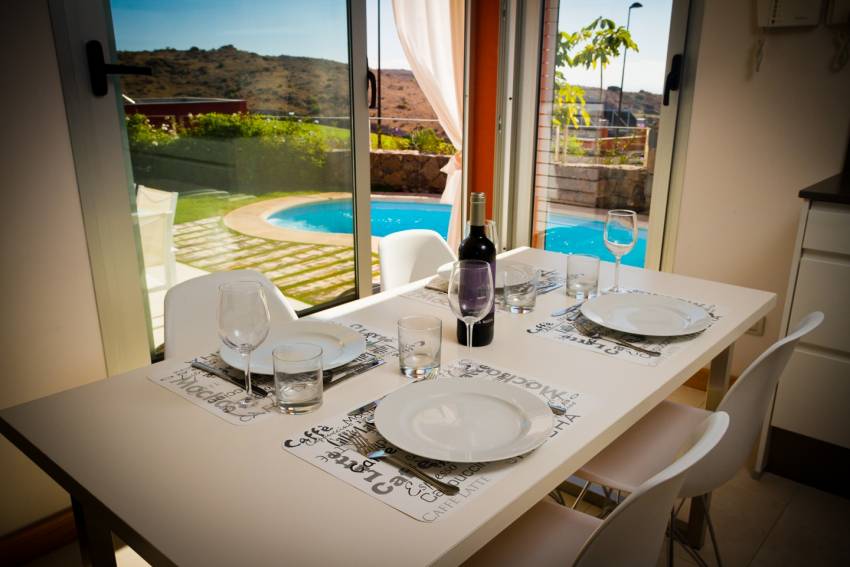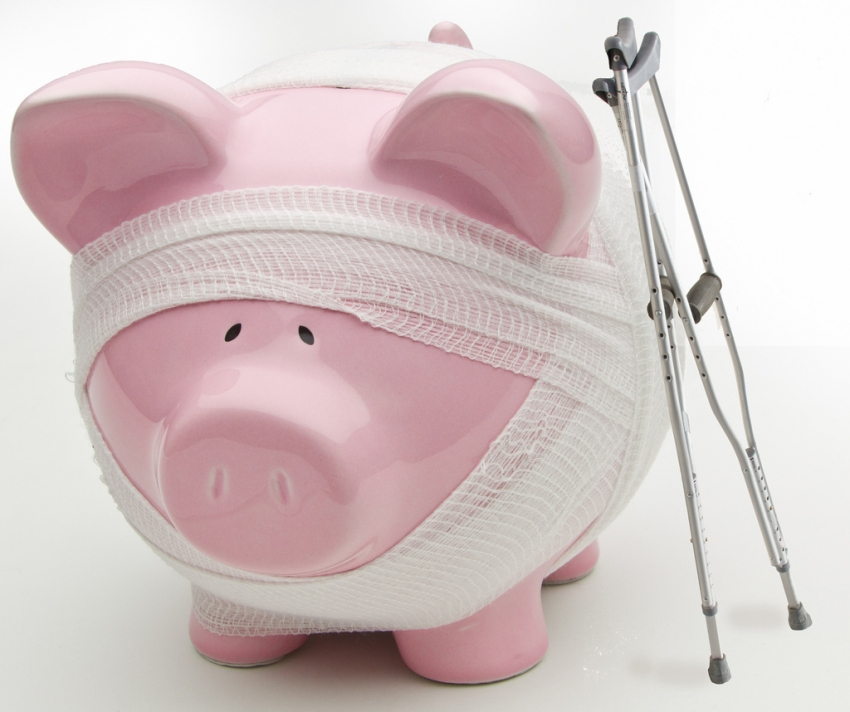Your estate agency should provide you with a full breakdown of all the costs associated with buying and owning a specific property in Gran Canaria prior to purchase.
Purchase costs
On top of the purchase price, you'll need around 10% in cash for taxes and fees.
Always set aside 10-12% of your total budget for buying costs in Gran Canaria. These include a purchase tax (from 5% to 6.5%), legal costs, property registry costs and notarial costs.
There is no way of reducing these costs as they are all fixed. The exact purchase tax percentage depends on the property type and zone.
Estate Agency Fees
Estate agency fees in Gran Canaria are paid by the seller. They are 5% of the purchase price but can be more for cheap properties (less than €100,000) and less for expensive ones. 5% may seem high but it is the standard all over Spain and a good agency will earn their fee by showing you a good range of property and handling all the paperwork associated with a purchase.
Pick a good agency and it's money well spent for financial security and a hassle-free purchase. We've always recommended Cárdenas Real Estate. Their blog is packed with useful Gran Canaria property information.
Ongoing Costs
There’s no monthly council tax in Gran Canaria and the ongoing costs of owning a property here are low. Property in Gran Canaria is taxed annually at 0.5% of the official government valuation of the land it is built on. This is almost always lower than the market price (unless you get a real bargain or a repossession). If you buy a property on a tourist complex or in an apartment block, you pay a monthly fee for the communal costs (maintenance, swimming pool, gardening, services, etc).
Be aware that if you buy an old property you’ll have to contribute to an overhaul of the building’s electricity wires and water pipes, lift or swimming pool at some point. Always check what has been paid for by the current owner and whether the building is planning a levy for future work (known as a deramma).
Non-resident owners also have to pay a silly enjoyment tax that comes to a few hundred euros per year on big properties.
Tax filings
You can do all your paperwork yourself (annual tax filing, local municipality forms, etc) or get a good agency to handle if for you. This costs nothing compared to the time you'll waste trying to do it in person.














